-
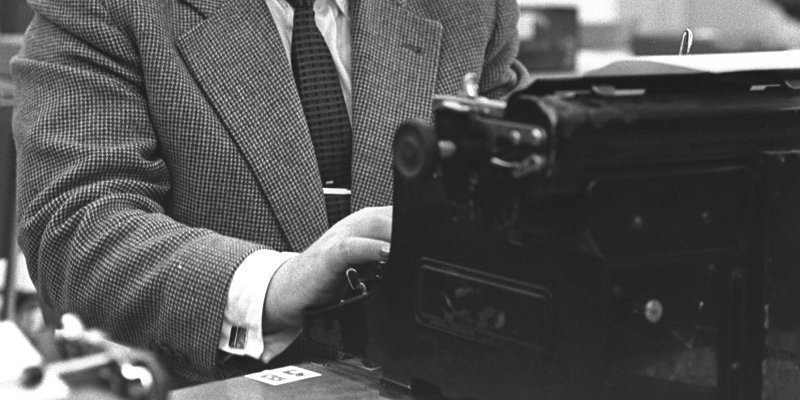
The journalists and the case of the stolen BIA documents
The occupation of the Bureau of Indian Affairs building by the American Indian Movement resulted in lost and damaged property, and a number of documents being stolen from the building. The Federal Bureau of Investigation investigated some of these thefts, including an alleged plot by journalists Jack Anderson and Les Whitten to pay for these records. The FBI file on the affair describes how a retired Justice Department senior official contacted the Bureau’s current staff to vouch for Whitten, referencing his history of cooperating with the FBI as a confidential informant.
-

FBI’s file on Accuracy In Media is just a bunch of kvetching
Accuracy In Media isn’t an organization that MuckRock is particularly fond of, but its Federal Bureau of Investigation file is full of some of our favorite things: debates over what an FBI file actually says and complaints about FOIA denials.
-
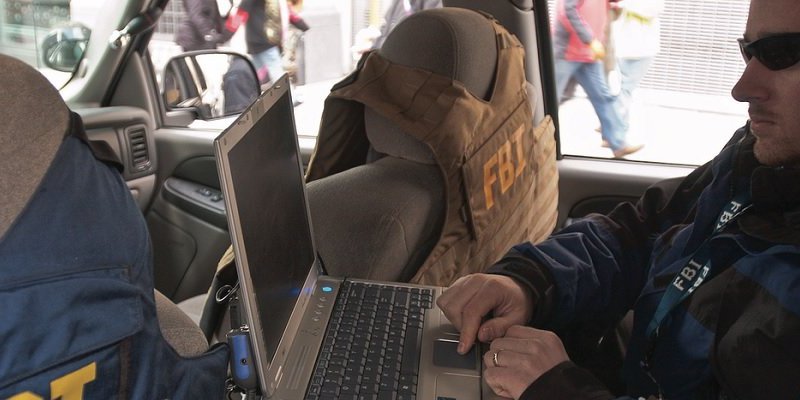
UPDATED: FBI’s new FOIA portal comes with same old duplication costs
When the Federal Bureau of Investigation officially launched its FOIA portal last year (amid much grumbling from the transparency community) the FBI presented it as a much-needed step towards modernization, with electronic releases replacing costly and inefficient CDs. However, in a series of puzzling FOIA responses - most recently to Emma Best, the Bureau appears to be charging a duplication fee of $15 for 500 pages - exactly as much as it did for CDs.
-
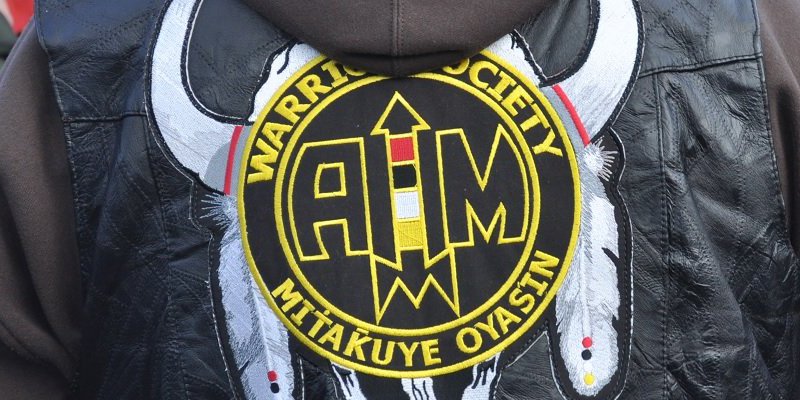
In honor of Indigenous Peoples Day, help MuckRock release the FBI files of famous indigenous activists
In honor of Indigenous Peoples Day, MuckRock will be continuing our coverage of the American Indian Movement and other Native American activist groups. In typical MuckRock fashion, this involves mainly FBI files.
-
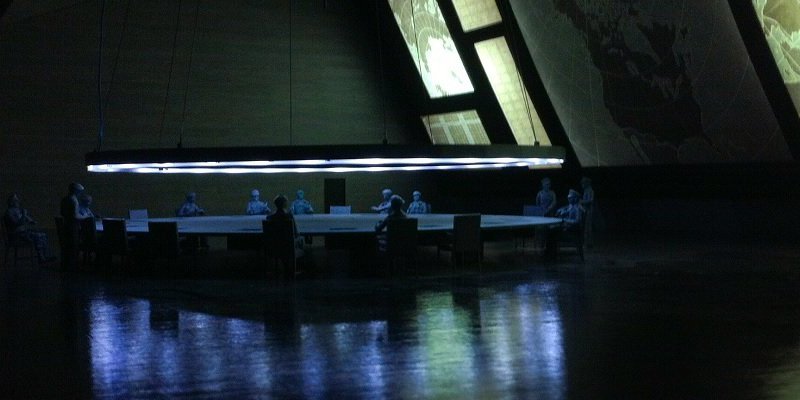
Don’t call it the Deep State: CIA archive reveals existence of secret network of ex-spies
A document in Central Intelligence Agency’s archive points to the existence of an unofficial “Common Interest Network” of retired intelligence officers. The network, also known as CIN - “as in living-in-sin” according to one of its founders - exists to coordinate the efforts of different organizations. Described as “an unofficial Intelligence Community,” it doesn’t exist except as an abstract, with no chairman, no agenda, and “not even the formality of a rotating host list.” Yet it exists, meeting to discuss influencing Congress and the press, to successfully attack the Freedom of Information Act, and to coordinate the efforts of the organizations that make up the Common Interest Network.
-
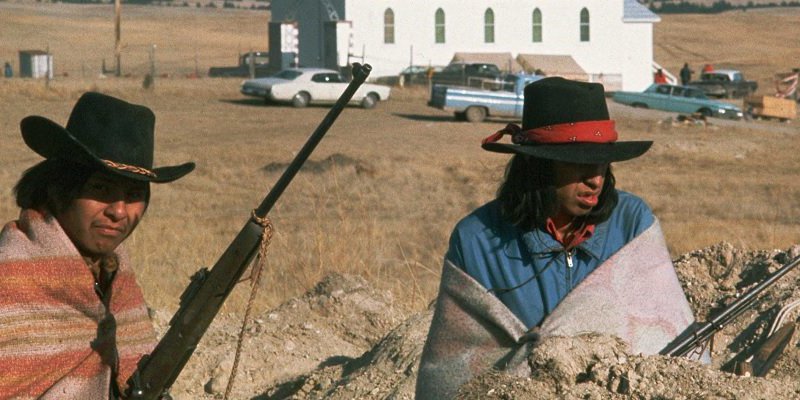
Russell Means’ FBI file offers a day-by-day account of the American Indian Movement’s occupation of Wounded Knee
Russell Means was a seminal figure in Indigenous politics for decades, rising to the rank of National Director of the American Indian Movement in 1970. His 178 page FBI file, however, only includes records regarding one incident Means was involved in - the 1973 occupation of Wounded Knee, a months-long standoff between AIM activists carrying small arms, and local and federal law enforcement packing 133,000 rounds of ammunition, armored personnel carriers, and .50 caliber machine guns.
-
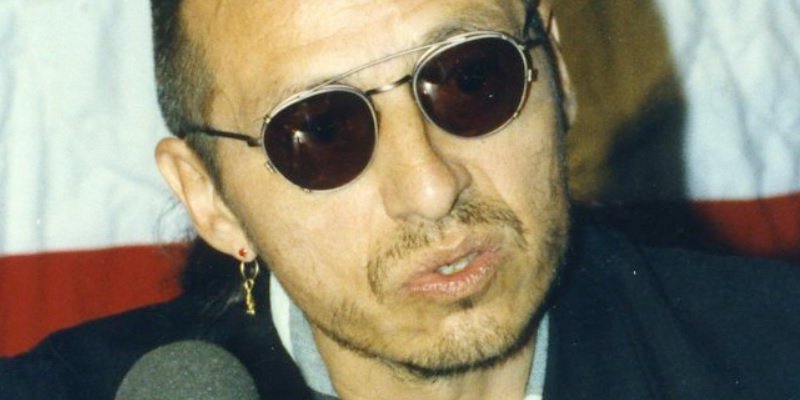
The FBI considered charging the American Indian Movement’s John Trudell with “Insurrection”
To mark the 49th anniversary this week of the founding of the American Indian Movement (AIM), we’re taking a look at the FBI files of John Trudell, esteemed Santee Dakota poet, writer, speaker, and musician who was a key member of AIM, rising to the rank of National Chairman by the mid seventies. To the Bureau, Trudell was a renowned “agitator,” but within his community he was a motivator who inspired Indigenous peoples across the nation to strive for a better life.